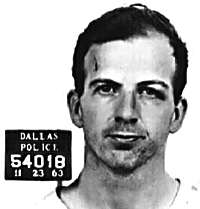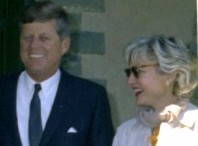New evidence and analysis suggest that Nikita Khrushchev and the KGB were behind the 1963 assassination of President John F. Kennedy, and a Mafia sniper participated in the shooting.
Official investigations have discounted the likelihood of a Soviet hand in the assassination, and few outside investigators have pursued this line of inquiry. But some observers have always considered the Soviets a likely suspect (Lyndon Johnson and other US Government officials evidently did, causing them to suppress any hint of a KGB conspiracy for fear that an outraged public would demand retaliation that would lead to war). The Soviets had a palpable, powerful motive: to gain revenge for the humiliation of Khrushchev and the USSR in the 1962 Cuban missile crisis.
Certainly, the idiosyncratic odyssey of Lee Harvey Oswald into the Soviet Union and a Russian marriage as well as his contacts with Soviet diplomatic offices preceding the assassination afforded the KGB many opportunities to interact with him. In a sense, therefore, the KGB is the elephant in the living room of suspects in this case. Yet repeated investigations have failed to turn up specific evidence that would implicate the KGB.


